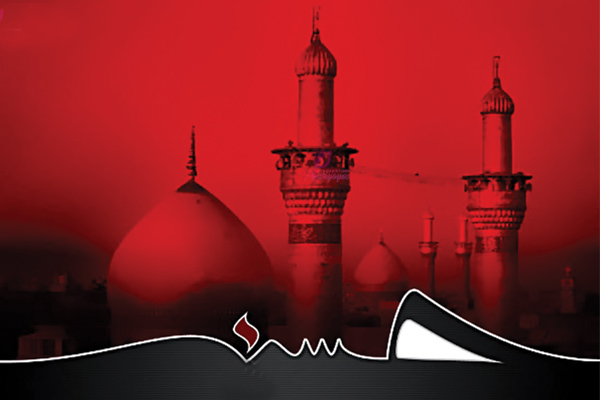History Meaning and Significance of Muharram
Posted on 12/10/2016 I by: Navneeta

Shia Muslims celebrate Muharram. It is the first month of the Islamic calendar. The festival is observed in the memory of bravery of Prophet Mohammed's grandson, Imam Hussain, who was killed in the Battle of Karbala in AD 680. Muslims go on mass mourning for the first ten days of the Muharram.
It is during this period that the events of Karbala are narrated in minute details in mosques and public Muslim gatherings.
Prophet Muhammad established true democracy in the Arabian Peninsula on the basis of the principles enunciated in the Quran.
This participatory democracy lasted for about 30 years after the demise of Prophet Muhammad with his four successors Abu Bakr, Umar, Uthman and Ali keeping the tradition alive.
Amir Muawiyah however deviated from the practice of democratically electing the leader of the Ummah by anointing his son Yazid as his successor.
This blatant violation of the Quran and its ramifications were immediately realized by Hussain bin Ali as there is no room for monarchy in Islam.
He vowed to resist this degeneration into monarchy. But the army of Yazid massacred him and his family.
Husain was killed on the tenth day of the battle Karbala. This day is referred to as the day of Ashura. It is believed that when Hussain was wounded and bleeding he reached the riverside to drink water for the last time where he was killed with arrow shots.
During Muharram people cry loudly, beat their chests, and are in grief during this period. They enact the battle scenes of Karbala war.

